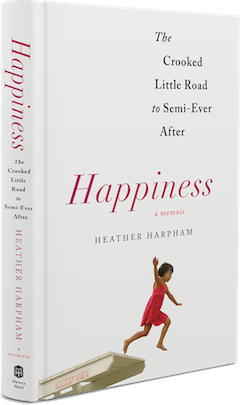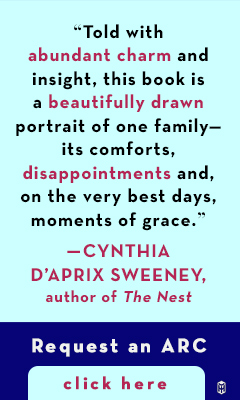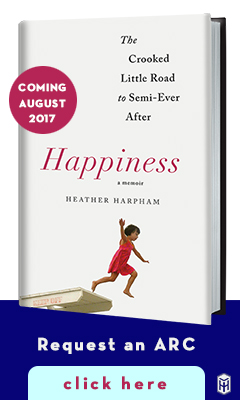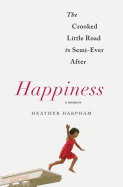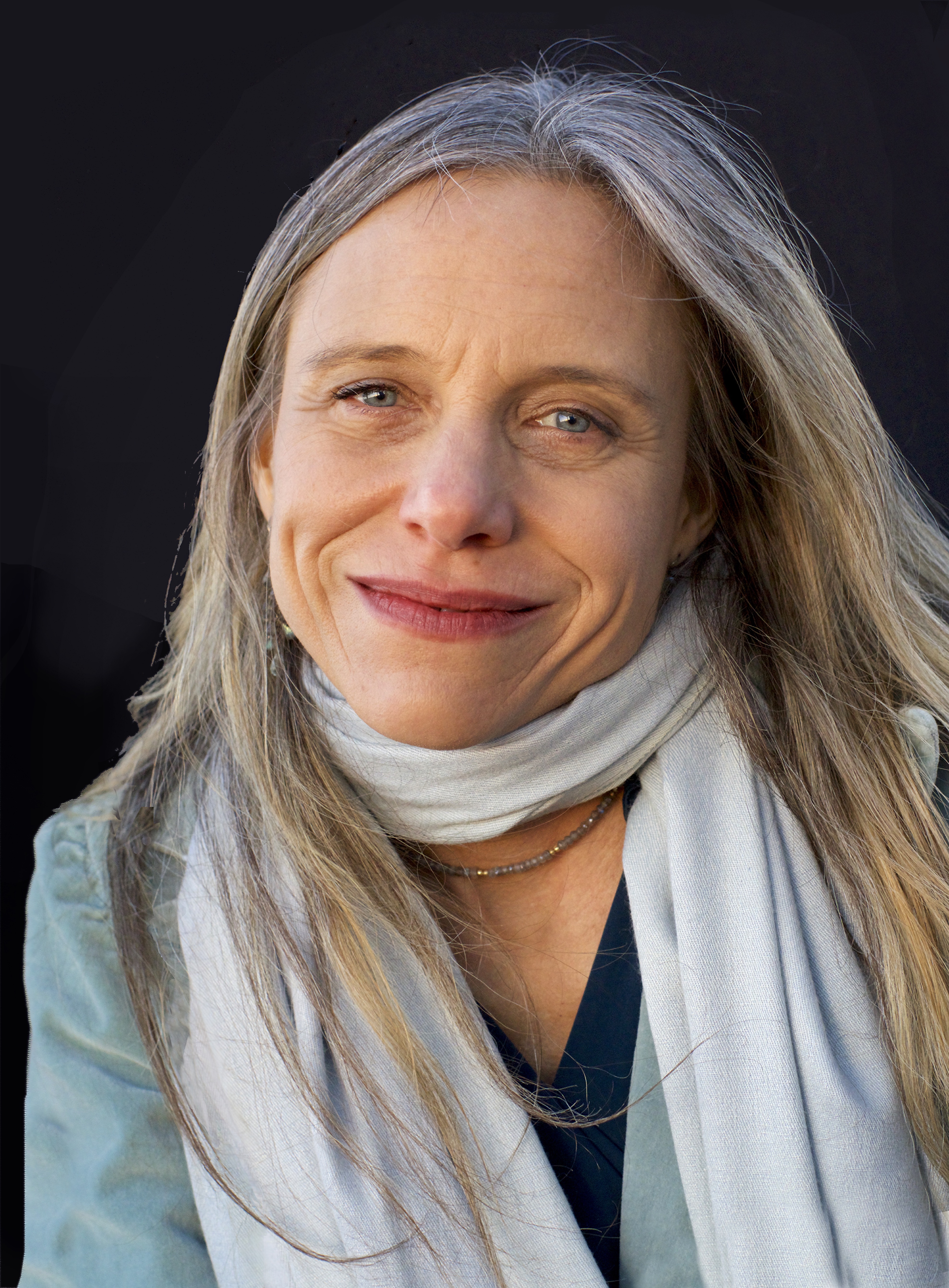Happiness: The Crooked Little Road to Semi-Ever After
by Heather Harpham
In her debut memoir, Happiness: The Crooked Little Road to Semi-Ever After, award-winning playwright and performance artist Heather Harpham's first precious moments of happiness with her newborn are shattered when she learns her daughter has a rare blood condition that places her at high risk for brain damage or death.
Along with the scary medical issues come additional complications. Harpham must navigate this crisis mostly alone, living in her mother's converted garage in California. Her daughter's father, Brian--whom Harpham loves deeply--had made it clear early on their relationship that he didn't want children. When she announces the unplanned pregnancy, Brian wrestles with his love for Harpham versus the undeniable fact that he does not want a family. Ultimately, he remains in New York to pursue his career as a teacher and an award-winning, published novelist--a decision that Harpham understands, even if it breaks her heart.
"If a baby is the unfathomable concoction of two people, what happens when one of those two, upon discovering a baby is under way, changes his mind? I was physiologically bewildered; carrying around, in my body, the genetic material of someone who had said no to fatherhood. Meanwhile his genes and my genes were sketching the blueprint of a person. If I was constructing a human out of a reluctant set of building blocks, with genes that lay themselves out with reservation and regret, in sequential order, step by step, but under duress, what then?"
"What then" soon becomes a series of life-saving blood transfusions and countless hospital stays for baby Gracie. As Harpham becomes adept in caring for her medically fragile daughter, she realizes how much forgiveness and acceptance are necessary for her and Gracie's future. Gradually, Brian's role in their lives shifts into something new and unexpected when he can no longer deny his need to care for those he loves.
Harpham writes: "Trying to make a family is a gamble, and if I was going to bet on something, I would bet on what I wanted, what I hoped for, what I believed in.... It was a leap of faith and I was already midair."
Harpham's ability to capture an audience's emotions takes center stage as a memoirist. Her deeply personal yet witty narrative style makes the reader feel instantly connected, as if Harpham is a close friend traveling a familiar "crooked little road to semi-ever after." Hers is a journey evoking a spectrum of emotions: hope, sadness, anger and, yes, happiness.
Within the first few pages of Happiness, Harpham immediately grabs for the heart, juxtaposing the roller-coaster reality of caring for a critically ill newborn alongside her exhilarating, romantic courtship with Brian. She recalls a prescient conversation at an intimate Greenwich Village restaurant, "the kind of place where, to reach your table, you're obliged to wedge sideways and apologize to strangers whom you've brushed with your hips."
"Seated, we leaned over the small table to breathe the same air and figure each other out. He said he'd read recently that everyone has a personal 'happiness quotient,' that your happiness in life is essentially set, regardless of circumstances. He reckoned his was low, and guessed mine was high. I'd never heard of a happiness quotient. I'd never stopped to consider happiness as anything other than an assumed default state, a place to return to after the occasional thick fog."
Like the weather in Harpham's native San Francisco, such a fog would engulf the couple in confusion and uncertainty on numerous occasions. None would be more significant than when Gracie turns three and her condition becomes dire enough to require a bone marrow transplant. For Harpham, who by then had moved back to New York, the prospect of leaving their beloved, supportive Brooklyn community--close friends and strangers alike who donated more than $85,000 for Gracie's care--for an uncertain, extended hospital stay at Duke University seems daunting, especially without a lifetime guarantee.
"Transplant can cure you. Or it can kill you. There's not much middle ground. [Choosing transplant] would be, as one doctor put it, taking our 'risk upfront.' If only she were a hedge fund, or an annuity, it would be easy to take our risk upfront. But she was a girl. A single, unique, irreplaceable girl."
Though Gracie survives and thrives, experiencing the heartbreak and precarious perspective of a parent whose child is a pediatric transplant patient provides Harpham with an even greater understanding of her own happiness quotient, and her capacity for risk and love. That insight, one grounded in gratitude, is shared in Happiness without saccharine platitudes or foregone conclusions but with a refreshing, pragmatic realism: joy and contentment are often uncertain, nebulous, elusive and, eventually, self-defined. --Melissa Firman



